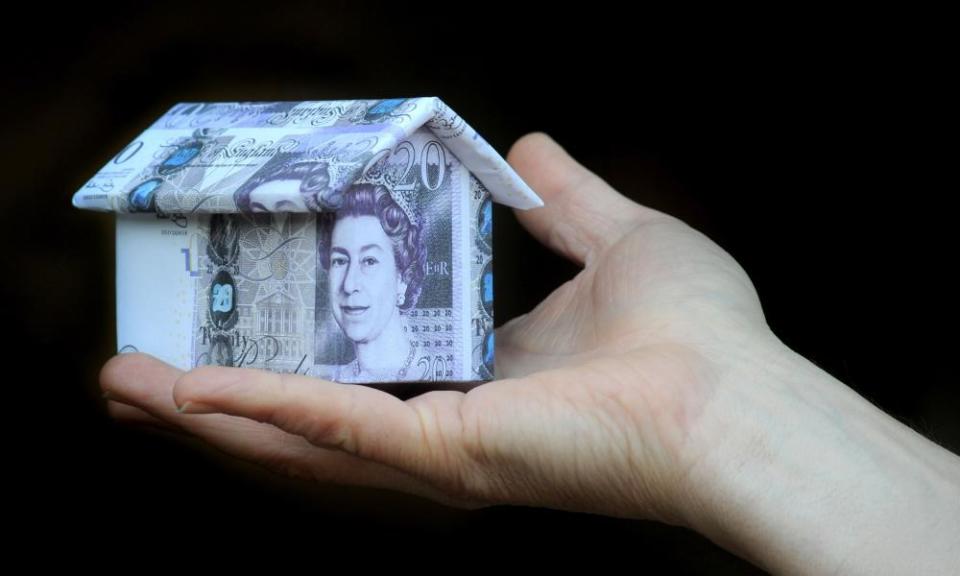Cost of living crisis: five tips for managing your money

The cost of living is rising rapidly. There is not much you can do to beat the squeeze, but it’s worth checking that you are getting as much coming in as you can.
Get what you are entitled to: Check that you are claiming any, and all, payments that you are entitled to. There are lots of benefits that go unclaimed: attendance allowance is one that is often overlooked, and can make a real difference to your income – it’s for people who have reached state pension age and need some kind of help to live independently. Age UK has more information on attendance allowance. The website Entitledto.co.uk has a free calculator which you can use to find out if there are any benefits you can claim.
Check your tax code: If you are earning money and on PAYE, check that your tax code is correct – you might be overpaying. The code will be on your payslip. If you have standard earnings from one employer, and do not get taxable benefits or pay the child benefit tax charge, your code is likely to be 1257L.
If you have previously claimed child benefit and were subject to the higher-rate tax charge, for example, you might find you are paying it even if you no longer get the monthly payment. You can check, and report changes in circumstances, at gov.uk/check-income-tax-current-year.
Fix your mortgage: Borrowers who are anywhere near the end of a fixed-rate mortgage should start shopping around for a new one now. Interest rates have been moving up and are likely to go higher. The cheapest deals have all gone, but it is possible to fix your payment at below 2.5% for two, five or 10 years – in fact, the longest deals currently have the lowest rates. If you have six months or less left, you may be able to lock into a new deal which you can move straight on to when your current fix expires.
Get cashback on spending: It won’t make a huge difference to your budget, but if you are spending on a credit or debit card you might as well get some of the money back. There are several cashback credit cards on the market, including one from Lloyds which offers 0.25% cashback on your first £4,000-worth of spending each year, and 0.5% after that.
On the debit card front, several banks, including Lloyds, offer cashback on spending at selected retailers – sometimes up to 15% of your purchase. Check if yours does and if you need to opt in to get the benefit. Chase bank has a current account offering 1% cashback on your spending for a year, available via an app only. Santander’s 123 account offers cashback on household bills paid by direct debit, including council tax and energy payments, but has a monthly fee. Before you consider switching, make sure that any rewards are not offset entirely by fees.
Make sure you got your £150 rebate: If you are in a band A-D property for council tax and qualify for the £150 rebate the government promised energy customers, make sure you have received the money. If you pay your council tax by direct debit it should have arrived in your account by now. If you pay any other way, the process varies from council to council: you may have received a voucher already, or a letter asking you to apply, or the paperwork may still be on its way. If you have heard nothing, check out your council’s website as it should have a section explaining what is happening and when. Follow it up with the council if it looks like your payment has gone astray.
